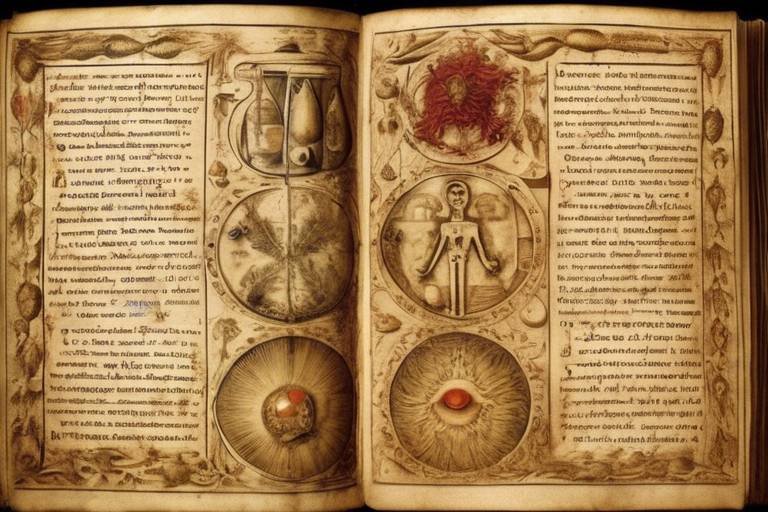The Secrets of the Ancient Egyptians' Medical Practices
The ancient Egyptians were pioneers in the field of medicine, with practices shrouded in mystery and intrigue. Their medical knowledge and expertise were far ahead of their time, utilizing a combination of herbal remedies, surgical techniques, and spiritual beliefs to heal the sick and injured. Let's delve into the secrets of the ancient Egyptians' medical practices and uncover the fascinating world of healthcare in ancient Egypt.
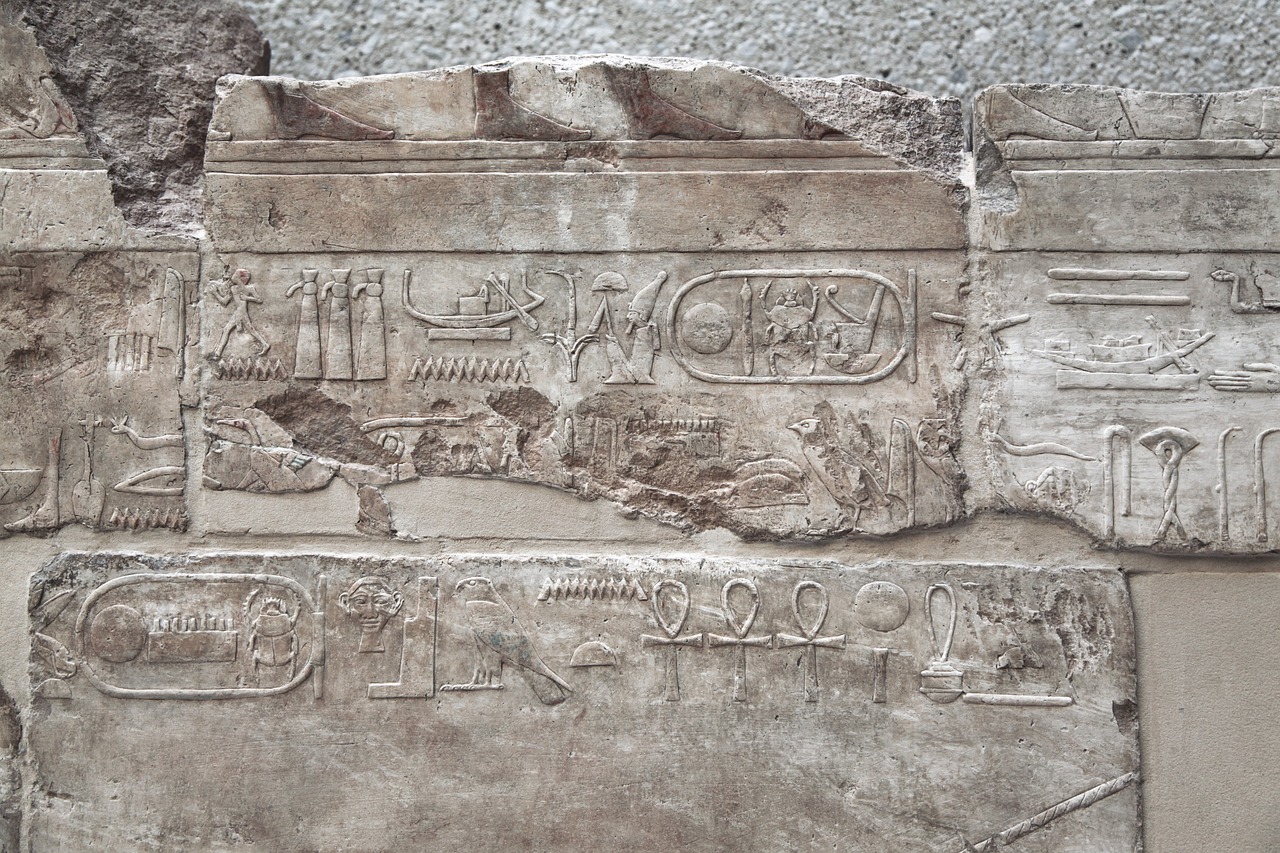
Herbal Remedies and Healing
When delving into the ancient Egyptian medical practices, one cannot overlook the profound reliance on herbal remedies and natural ingredients for healing. The Egyptians were pioneers in harnessing the power of nature to treat various ailments and diseases. Their extensive knowledge of herbs and plants allowed them to create effective remedies that stood the test of time.
Imagine walking through the lush gardens of ancient Egypt, where each plant and herb held a secret healing property waiting to be discovered. The ancient healers carefully selected and combined these natural ingredients to concoct powerful potions and ointments that could cure anything from a simple headache to more complex illnesses.
Moreover, the Egyptians believed that every plant had a spirit or essence that contributed to its medicinal properties. This spiritual connection with nature added a mystical element to their healing practices, elevating the use of herbs to a sacred art form. It was not just about physical healing but also about aligning the body, mind, and spirit in harmony.
One of the most famous examples of their herbal prowess is the use of the opium poppy plant for pain relief. The ancient Egyptians were well aware of the analgesic properties of opium and utilized it in various medical preparations. This demonstrates their advanced understanding of pharmacology and the therapeutic benefits of different plants.
The legacy of herbal remedies in ancient Egyptian medicine continues to inspire modern herbalists and alternative medicine practitioners. The wisdom passed down through generations reminds us of the healing power found in the natural world around us. From soothing chamomile tea to potent garlic poultices, the tradition of herbal healing lives on, echoing the ancient chants of the Egyptian healers.
Through the exploration of herbal remedies and healing practices, we not only uncover the secrets of the ancient Egyptians but also rediscover the timeless connection between humanity and the healing gifts of nature.

Surgical Techniques and Procedures
When it comes to ancient Egyptian medicine, one cannot overlook the remarkable advancements in surgical techniques and procedures. The ancient Egyptian physicians were pioneers in the field of surgery, utilizing innovative methods and tools that were truly ahead of their time.
One of the most fascinating aspects of ancient Egyptian surgery was their proficiency in performing various procedures, ranging from simple wound suturing to more complex surgeries like trepanation. Trepanation, the act of drilling holes in the skull, was conducted with astonishing precision and skill, showcasing the expertise of these ancient healers.
Moreover, the use of specialized surgical instruments such as scalpels, forceps, and probes highlights the meticulous approach taken by ancient Egyptian surgeons. These tools, crafted from materials like bronze and copper, were designed to facilitate delicate surgical procedures with accuracy and finesse.
Additionally, the ancient Egyptians were adept at managing pain and infection during surgical interventions. They employed herbal remedies and concoctions to alleviate pain and prevent post-operative complications, demonstrating a comprehensive understanding of patient care and recovery.
Furthermore, the meticulous record-keeping and documentation of surgical cases reflect the systematic approach adopted by ancient Egyptian physicians. They meticulously recorded details of surgeries, outcomes, and patient progress, laying the foundation for future advancements in medical practice.
In essence, the surgical techniques and procedures employed by the ancient Egyptians were a testament to their ingenuity and commitment to healing. Their pioneering efforts in surgery continue to inspire and inform modern medical practices, underscoring the enduring legacy of ancient Egyptian medicine.

Magical and Religious Beliefs in Healing
When delving into the realm of ancient Egyptian medicine, one cannot overlook the profound influence of magical and religious beliefs on healing practices. To the ancient Egyptians, the connection between the physical body and the spiritual realm was paramount in maintaining well-being. Magic, rituals, and religious practices were intertwined with medical treatments, creating a holistic approach to healing.
**Magic** played a significant role in ancient Egyptian medicine, with incantations and spells believed to possess healing powers. **Amulets** and charms were often used to ward off evil spirits and promote healing, showcasing the belief in the supernatural forces that could aid in recovery. The **Book of the Dead**, a collection of spells and rituals, was sometimes utilized in medical treatments to guide the deceased through the afterlife and ensure their well-being.
**Religious practices** were also deeply ingrained in the healing rituals of ancient Egypt. Temples dedicated to **specific deities**, such as **Imhotep**, the god of medicine, were centers of medical care and spiritual healing. **Priests** served as healers, combining their knowledge of medicine with prayers and offerings to the gods to seek divine intervention in curing ailments.
The ancient Egyptians believed that **illness** was often a result of **divine punishment** or **spiritual imbalance**, necessitating not only physical remedies but also spiritual healing. **Rituals** and **ceremonies** were performed to appease the gods and restore harmony within the individual, emphasizing the interconnectedness of the body, mind, and spirit in the healing process.
Through the lens of magical and religious beliefs, ancient Egyptian medicine transcended the physical realm and delved into the mystical and spiritual dimensions of healing. The fusion of **science** and **spirituality** created a comprehensive approach to healthcare that addressed not only the symptoms of the body but also the well-being of the soul.
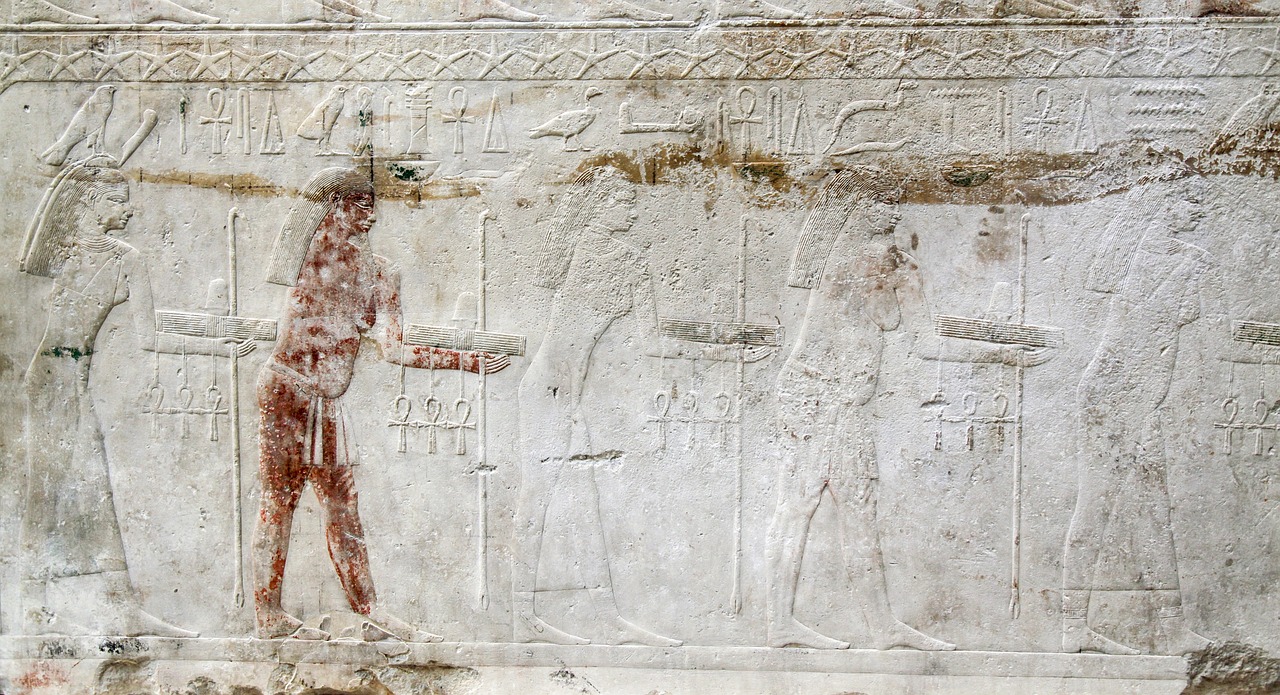
Medical Knowledge and Expertise
Ancient Egyptian healers possessed a remarkable depth of medical knowledge and expertise that set them apart in the ancient world. Their understanding of anatomy, diseases, and treatments was truly ahead of its time. Imagine physicians who could diagnose illnesses with impressive accuracy, all without the aid of modern technology. The ancient Egyptians had a profound grasp of the human body and its functions, allowing them to develop effective remedies and healing practices.
One of the key aspects of their medical knowledge was the concept of balance and harmony within the body. They believed that maintaining the equilibrium of bodily fluids and energies was crucial for good health. Drawing upon years of observation and experience, ancient Egyptian healers could identify symptoms and correlate them with specific conditions, offering tailored treatments to their patients.
Moreover, their expertise extended to pharmacology, with a vast array of medicinal plants and substances at their disposal. These healers were like skilled alchemists, concocting remedies that could alleviate pain, reduce inflammation, and even cure infections. Their pharmacopoeia was a treasure trove of natural ingredients, each carefully selected for its healing properties.
Furthermore, the ancient Egyptians' medical knowledge was not limited to physical ailments; they also recognized the interconnectedness of the body, mind, and spirit. Mental health was a crucial aspect of their healing practices, with therapies that combined psychological support, counseling, and spiritual rituals. It was a holistic approach that addressed the individual as a whole, acknowledging the intricate relationship between the physical and the metaphysical.
In essence, the medical knowledge and expertise of the ancient Egyptians were a testament to their intellectual prowess and dedication to the well-being of their society. Their legacy continues to inspire and influence modern medicine, reminding us of the enduring value of ancient wisdom in the field of healthcare.
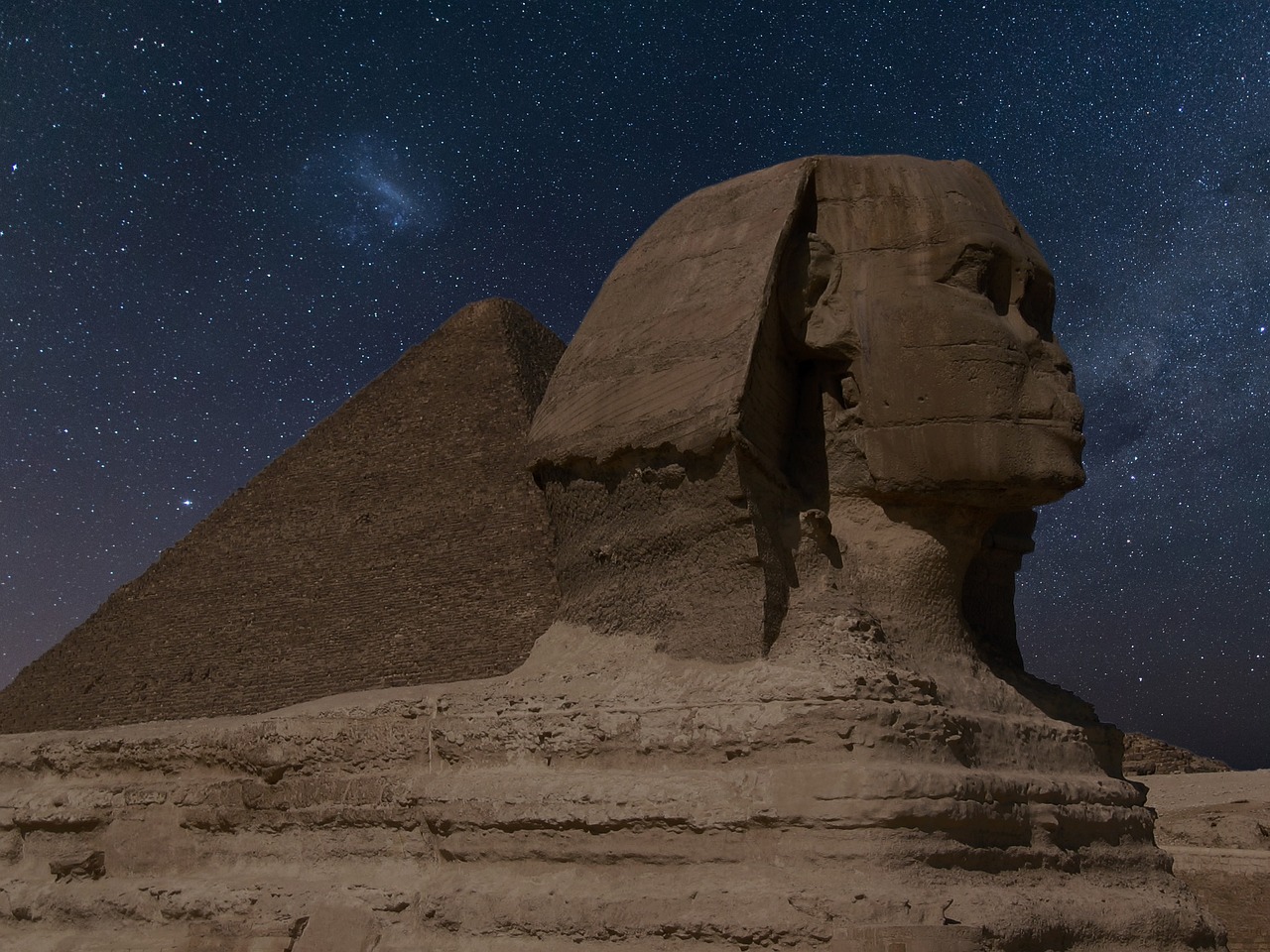
Dental Care and Techniques
The ancient Egyptians were pioneers in the field of dental care, employing unique methods and techniques to maintain oral health. Their approach to dentistry was remarkably advanced for their time, showcasing their expertise and innovation in preserving teeth and treating oral ailments.
One of the most intriguing aspects of ancient Egyptian dental care was their use of abrasive powders and pastes for cleaning teeth. These substances, often made from crushed pumice and other minerals, were applied to teeth using primitive toothbrushes made from twigs or frayed fibers. This early form of toothpaste helped remove plaque and keep teeth clean, demonstrating the Egyptians' early understanding of dental hygiene.
In addition to cleaning techniques, ancient Egyptian dentists were skilled in treating various dental issues such as tooth decay and gum disease. They utilized rudimentary tools like hand drills and forceps to extract decayed teeth and alleviate pain. The precision and care with which these procedures were carried out reflect the Egyptians' commitment to dental health and patient well-being.
Moreover, evidence suggests that the ancient Egyptians practiced rudimentary forms of dental surgery, including procedures like dental fillings and even dental prosthetics. These early attempts at restorative dentistry highlight the Egyptians' ingenuity and resourcefulness in addressing dental problems, paving the way for future advancements in the field.
Furthermore, dental care in ancient Egypt was not limited to treating existing issues but also focused on preventive measures. Archaeological findings indicate that Egyptians used a variety of natural substances such as myrrh and honey in mouthwashes and poultices to maintain oral hygiene and prevent infections. This holistic approach to dental care underscores the Egyptians' comprehensive understanding of oral health.
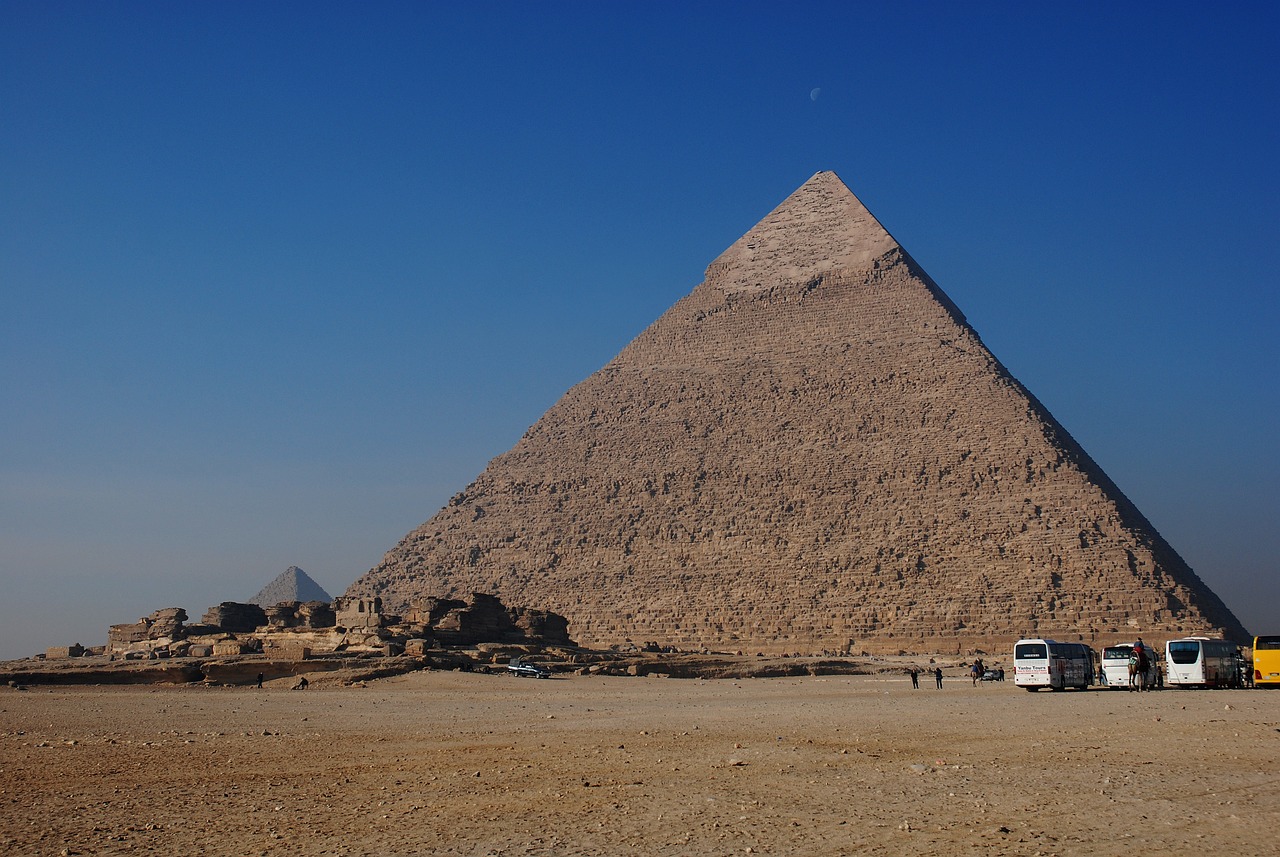
Women's Health and Obstetrics
Women's health and obstetrics held a significant place in ancient Egyptian medicine, reflecting the advanced understanding and care provided to women during pregnancy and childbirth. Ancient Egyptian healers showcased remarkable expertise in ensuring the well-being of expectant mothers and their babies, utilizing a blend of medical knowledge, spiritual beliefs, and practical techniques.
Ancient Egyptian women received specialized care during pregnancy, with physicians closely monitoring their health and offering remedies to alleviate common pregnancy discomforts. The medical practitioners of that era recognized the importance of maternal health in ensuring a successful childbirth, emphasizing the need for proper nutrition, rest, and emotional support for pregnant women.
Obstetrics in ancient Egypt was characterized by a holistic approach that integrated medical interventions with spiritual rituals aimed at ensuring a safe delivery. Midwives played a crucial role in assisting women during childbirth, employing techniques that were passed down through generations and refined over time. These skilled individuals were well-versed in managing complications during labor and providing comfort to laboring mothers.
Ancient Egyptian medical texts contain detailed instructions on obstetrical practices, outlining the stages of labor, birthing positions, and methods to facilitate childbirth. The knowledge and expertise demonstrated in these texts reveal the sophisticated understanding of reproductive health and obstetric care prevalent in ancient Egypt.
Moreover, the ancient Egyptians believed in the protective powers of amulets and charms to safeguard pregnant women and ensure a successful delivery. These magical practices were intertwined with medical treatments, illustrating the interconnectedness of physical and spiritual aspects in the realm of women's health and obstetrics.
Overall, the care provided to women during pregnancy and childbirth in ancient Egypt exemplifies a harmonious blend of medical science, spiritual beliefs, and practical wisdom. The legacy of obstetric practices from this ancient civilization continues to influence modern maternity care, underscoring the enduring impact of ancient Egyptian medical wisdom on women's health.
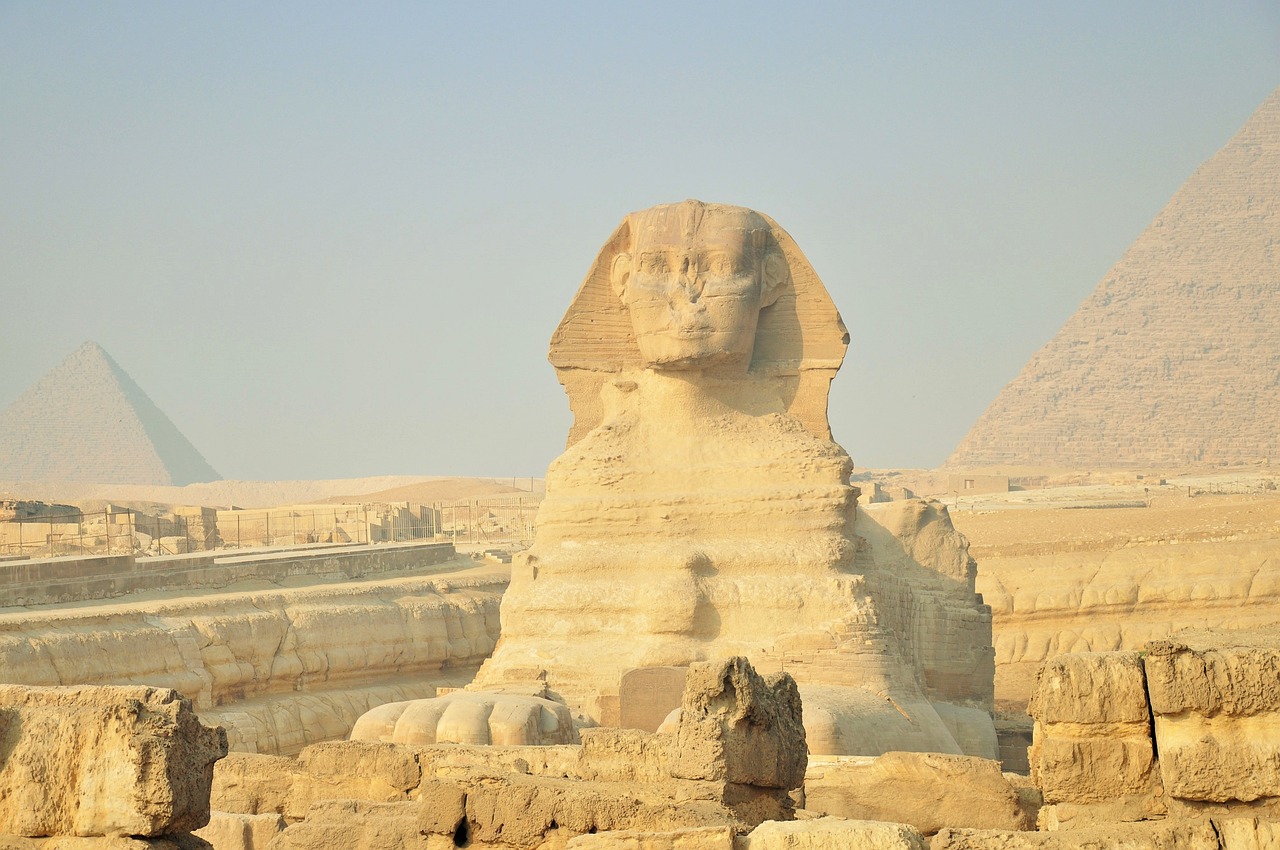
Mummification and Preservation of Bodies
One of the most intriguing aspects of ancient Egyptian medical practices is their connection to the art of mummification. The Egyptians believed in the preservation of the body for the afterlife, leading to the development of elaborate mummification techniques. This process involved carefully removing internal organs, dehydrating the body with natron salts, and wrapping it in layers of linen bandages. The meticulous attention to detail in mummification reflected the Egyptians' reverence for the deceased and their beliefs in the continuity of life beyond death.
Moreover, mummification was not solely a physical preservation method but also a spiritual practice. The rituals and ceremonies associated with mummification were considered essential for ensuring the deceased's successful journey to the afterlife. The intricate process of mummification symbolized the Egyptians' deep-rooted beliefs in immortality and the importance of maintaining the body's integrity even in death.
Furthermore, the expertise displayed in the art of mummification showcased the advanced knowledge and skills of ancient Egyptian embalmers. Through meticulous preservation techniques, they were able to create lifelike mummies that have fascinated and puzzled modern researchers for centuries. The care and precision invested in mummification underscored the Egyptians' commitment to honoring the deceased and their spiritual traditions.
Additionally, the preservation of bodies through mummification provided valuable insights into ancient Egyptian medical practices and anatomical knowledge. The detailed examination of mummies has offered researchers a glimpse into the health conditions, diseases, and lifestyles of individuals from that era. By studying mummified remains, scientists have been able to uncover information about ancient medical treatments, dietary habits, and even genetic characteristics, shedding light on the medical expertise of the Egyptians.
In conclusion, the art of mummification in ancient Egypt not only served as a method of preserving bodies but also reflected the deep cultural and spiritual beliefs of the civilization. The meticulous processes involved in mummification highlight the Egyptians' reverence for life, death, and the afterlife, showcasing their intricate medical practices and holistic approach to honoring the deceased.

Psychological and Mental Health Treatments
Within the realm of ancient Egyptian medicine, the approach towards psychological and mental health treatments was truly remarkable. Instead of merely focusing on physical ailments, healers recognized the intricate connection between the mind and body, paving the way for holistic healing practices.
Ancient Egyptian healers believed that mental well-being was essential for overall health and vitality. They utilized a combination of therapies, counseling, and spiritual healing practices to address psychological issues and promote mental wellness. By incorporating rituals, prayers, and meditative techniques, they aimed to restore harmony within the individual.
One fascinating aspect of their approach was the emphasis on dream interpretation as a tool for understanding the subconscious mind and uncovering hidden emotions or traumas. Dreams were considered a window into the soul, providing valuable insights into the patient's inner struggles and facilitating the healing process.
Moreover, ancient Egyptian healers recognized the significance of music and art in promoting mental health. They utilized soothing melodies, chants, and visual arts to create a therapeutic environment that encouraged relaxation and emotional expression. These creative outlets were believed to cleanse the spirit and bring about inner peace.
By addressing psychological and mental health concerns through a combination of spiritual, emotional, and physical interventions, ancient Egyptian healers demonstrated a profound understanding of the interconnected nature of human well-being. Their holistic approach continues to inspire modern therapeutic practices, emphasizing the importance of treating the individual as a whole.

Legacy and Influence on Modern Medicine
The legacy of ancient Egyptian medical practices continues to influence modern medicine in profound ways. The innovative approaches and deep understanding of the human body demonstrated by ancient Egyptian healers have left a lasting impact on contemporary healthcare systems.
Ancient Egyptians were pioneers in documenting medical knowledge and developing effective treatments for various ailments. Their expertise in anatomy, diseases, and treatments laid the foundation for modern medical practices. The meticulous records they kept of their medical procedures and outcomes serve as a valuable resource for medical historians and researchers today.
One of the key contributions of ancient Egyptian medicine to modern healthcare is the emphasis on holistic healing. The Egyptians believed in treating the body, mind, and spirit as interconnected aspects of health. This holistic approach has resonated through the centuries and is reflected in modern practices such as integrative medicine and alternative therapies.
Ancient Egyptian surgical techniques, including procedures like trepanation and wound closure, have paved the way for advancements in surgical practices. The precision and skill exhibited by ancient Egyptian physicians in performing surgeries have inspired modern surgical innovations and tools.
Furthermore, the spiritual and magical beliefs intertwined with healing in ancient Egyptian medicine have influenced the field of psychosomatic medicine. The recognition of the mind-body connection in health and the use of rituals and ceremonies for healing purposes can be traced back to the practices of ancient Egyptian healers.
The preservation techniques used in mummification by the ancient Egyptians have provided valuable insights into human anatomy and pathology. Studying mummies has contributed significantly to our understanding of diseases, lifestyle, and medical practices of ancient civilizations, informing modern medical research and forensic science.
In conclusion, the legacy of ancient Egyptian medical practices serves as a testament to the ingenuity and expertise of early healers. Their influence on modern medicine is undeniable, shaping the way we approach healthcare and healing today.
Frequently Asked Questions
- What were the most commonly used herbs in ancient Egyptian medicine?
Ancient Egyptian medicine relied heavily on herbs such as aloe vera, garlic, and frankincense for their healing properties.
- Did ancient Egyptian physicians perform surgeries?
Yes, ancient Egyptian physicians were skilled in surgical procedures such as trepanation (drilling holes in the skull) and wound suturing.
- How did magic and religious beliefs influence ancient Egyptian healing practices?
Magical incantations, rituals, and religious ceremonies were integral to ancient Egyptian healing, believed to invoke divine intervention for curing illnesses.
- What advancements did ancient Egyptians make in dental care?
Ancient Egyptians practiced dental procedures like filling cavities, using dental prosthetics, and even performing rudimentary dental surgeries.
- How did ancient Egyptian medicine address mental health?
Ancient Egyptian medicine focused on holistic approaches to mental health, combining therapies, counseling, and spiritual healing practices.





